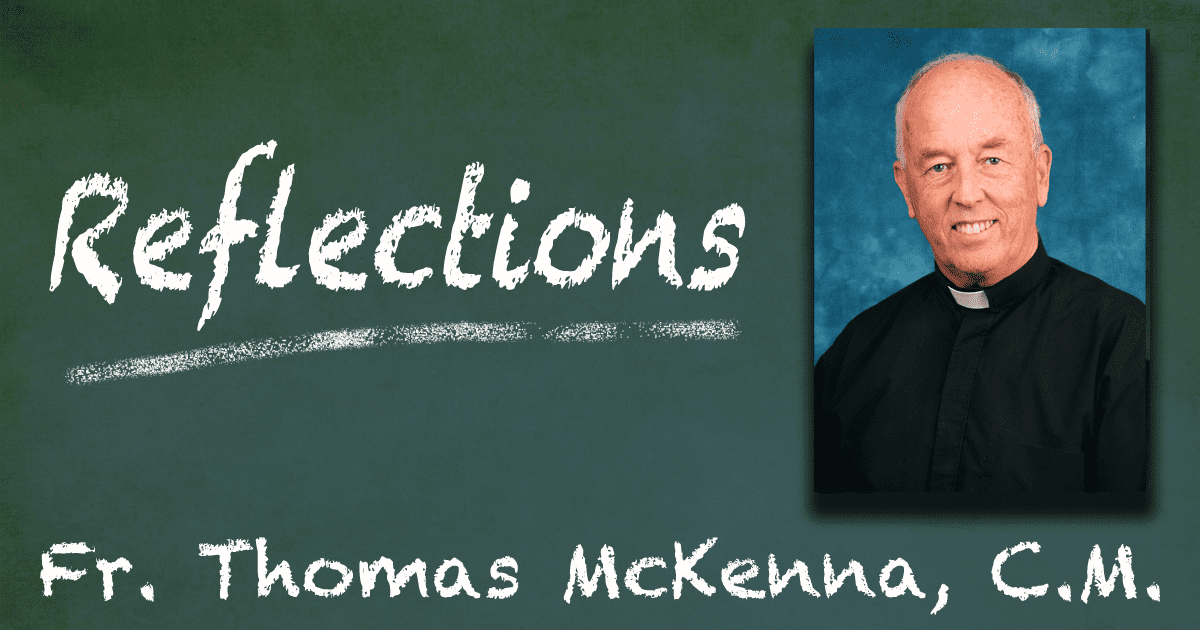Many people are proud of their upbringing, the way their parents raised them. An important element in this nurturing is what could be described as a frame, the boundaries through which they have been taught to look out at the world. This structure includes attitudes toward the people around us — who are those you can trust, rely on, be-friend and emulate? Who are those you just cannot be as sure of, the ones about whom you should have some caution, even fear?
Growing up brings the challenge of stretching that frame, a process that can entail pain and discomfort. There is, for instance, the call to expand that outlook to include people with foreign sounding accents, the need to stretch my view so as not to make an automatic judgment at the first few words out of a person’s mouth. It can cost to make such an adjustment. But not paying it, not struggling to broaden the boundaries of that earlier context, my world stays narrow and only gets narrower.
You hear something of this in Matthew’s gospel when The Lord Jesus encounters the foreign woman who comes to him with her desperate plea for her dying daughter. Jesus’ first reaction, not responding, mirrors his Nazareth upbringing. Even when she keeps crying, he tells her he hasn’t come for the people of Canaan, once again acting from his inherited frame.
However, when she doesn’t let up her entreaties, Jesus’ attitude and instincts begin to change. Her stark need breaks through the shell of his outlook, widening it out beyond his own people and here taking in the worth and “faith” of this worried mother. “Let it be done for you as you wish. Your daughter is healed.”
Jesus’ response models behavior for these divided, polarized times. He pushes through his bias to take in the upright qualities of this outsider, allowing her sincerity and personal worth to “get to him” and break through his hereditary outlook. Scripture scholars tell us that the ethnic static in this exchange also mirrors the struggles the early Church faced with the uneasy prospect of taking Gentiles into their Jewish communities. At cost, they too had to widen their preconceptions.
This “stretching of the frame” is a challenge to every age and for every group. To recognize the goodness and worth of “the other,” a believer must move through the pain such enlarging brings. We see Jesus himself paying the price for this enlarged view.
Filled with the love of his Father, he moves through a cultural barrier to see decency in the stranger. He lets himself be touched by her large-heartedness and willingness to risk all for her daughter. His vision of “who counts” expands as her worth penetrates the constricted boundaries of his upbringing.
It is precisely this love flowing out from his Father God that powers this kind of breakthrough. This is the love we see pouring over the Eucharistic table as today the Lord Jesus continues to give us His body and blood. It’s the love we see in so many people of faith as they push through their own biases and lock onto the goodness in a wider and wider circle of people. It’s the love we see in Vincent’s worldwide family as its members step out beyond their home boundaries to serve all of God’s people.
“Stretching the frame,” a call to every follower of Jesus who walks with Him on the way to His Father’s Kingdom — that same Kingdom meant to be built on earth as it is in heaven.






Fr Tom “stretching the frame” is an excellent metaphor for our troubled times. Would that people see Jesus’ experience and become open to its potential for their attitudes towards “others”.